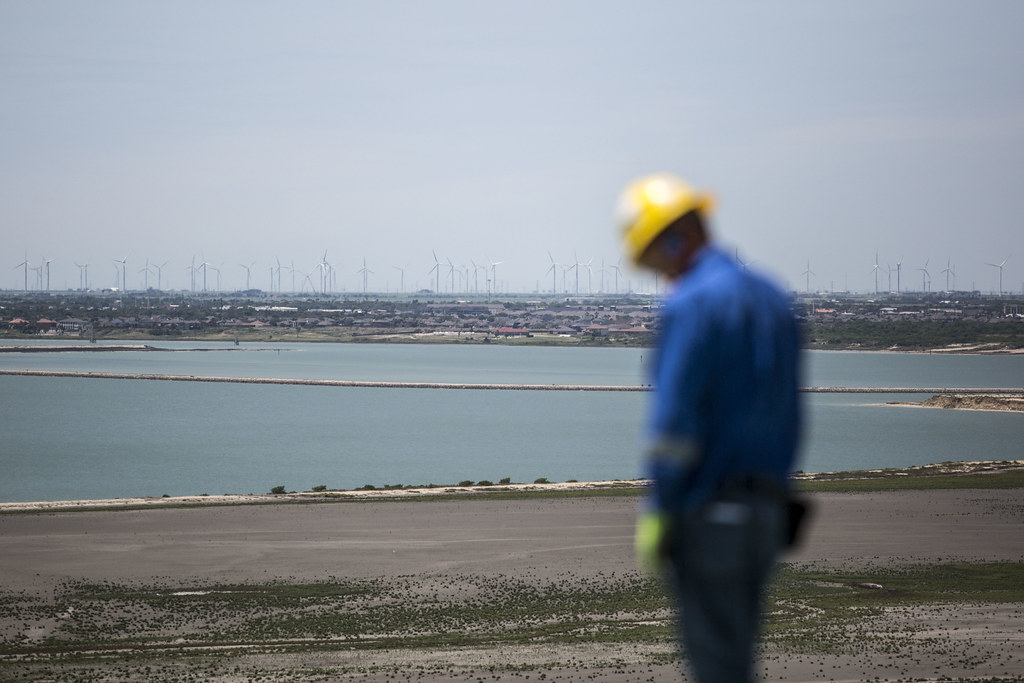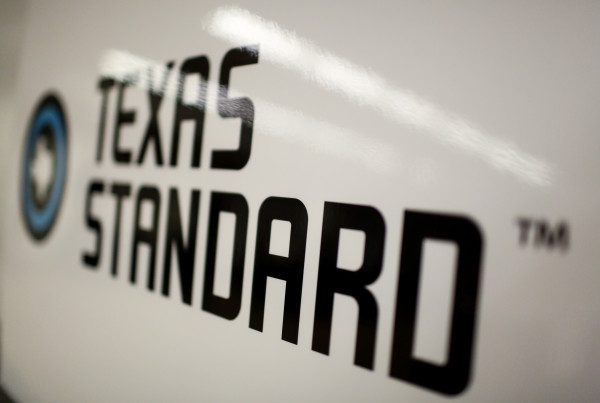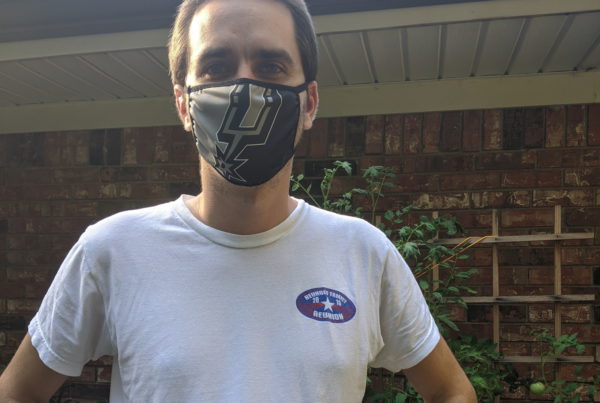From Houston Public Media:
While visiting an oil rig in Midland on Wednesday, President Donald Trump said under his leadership Texas has unlocked its full potential for energy.
“Under my administration the United States has increased oil production by 3.1 million barrels per day,” Trump said. “That’s some number, there’s never been anything like that number. For the first time in nearly 70 years, we’ve become a net energy exporter.”
But even though there’s been growth in the export market in recent years, right now Houston’s oil and gas industry continues to be hit hard by low prices and decreased demand.
Among the companies and workers hardest hit in the energy sector are those in upstream oil and gas — that is, those who search for, drill, and produce oil.
When there’s a bust cycle, companies rely on a somewhat standard playbook: cut costs where you can, and conserve as much cash as possible.
“There’s another dimension right now,” said Mitch Fane, US Energy Markets leader for consulting firm Ernst and Young. “Capital coming into the space for a variety of reasons is a bit constrained.”
For years, oil companies have enjoyed the ability to borrow money at low rates. But recently, Fane said, profits are down, disappointing those lenders who now want more in return for their risk.
“The supply and demand shock have actually impacted a lot of the upstream independents the most and the most dramatically,” Fane said. “And that rippled its way through oilfield services.”
Upstream companies are among the hardest hit right now because they often use borrowed funds to drill new wells. When times were good, drilling services companies like Houston-based giant Halliburton were doing well.
But since the pandemic started, Halliburton has laid off or furloughed more than 4,000 workers in the city. Other oilfield services companies have posted losses of $1 billion or more.
Even harder hit are the smaller, independent players in exploration and production.
“They’re struggling to keep their teams and rigs working,” Fane said.
Some are still looking for creative ways to attract capital, while others are selling off assets — or the whole business — to companies with less debt. Earlier this month Chevron bought Houston-based Noble Energy in a multi-billion dollar deal.
More mergers are expected, and that could threaten jobs as companies consolidate.
“There’s a saying in the oil and gas industry that the closer you are to the drill bit,” said Patrick Jankowski of the Greater Houston Partnership, “the more your job is at risk during a downturn.”
But the losses don’t stop there.
“It’s the jobs that go into servicing oil wells. It’s the jobs manufacturing the equipment for the wells,” Jankowski said. “It’s the pipes, the valves, which go to the wells, into the pipelines. And it’s the engineering jobs, everything that’s designed to find and produce oil.”
Some exploration and production related jobs were disappearing before the pandemic, Jankowski said — but since the start of the year, some 18,000 people in Houston’s oil and gas industry have lost work.
Jankowksi predicted that eventually things would pick up and some of those jobs will come back.
But, he added, he just didn’t know how many — or exactly when.















